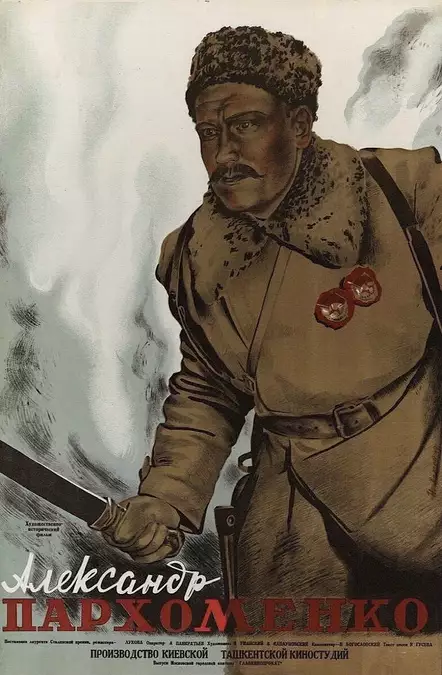Biography
(No Information)
Filmography
all 8
Movies 8
Writer 2
Screenplay 1
Short Story
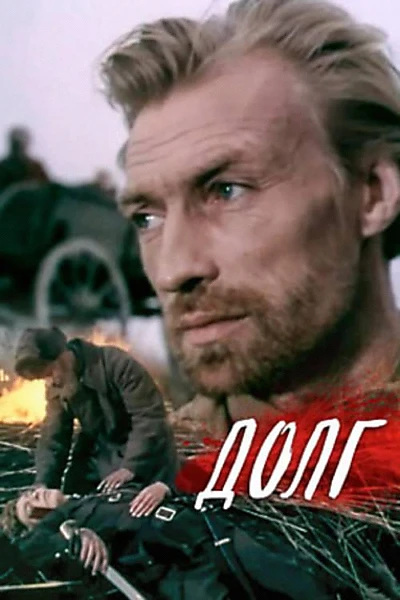
Debt (1977)
Movie
Theatre Play
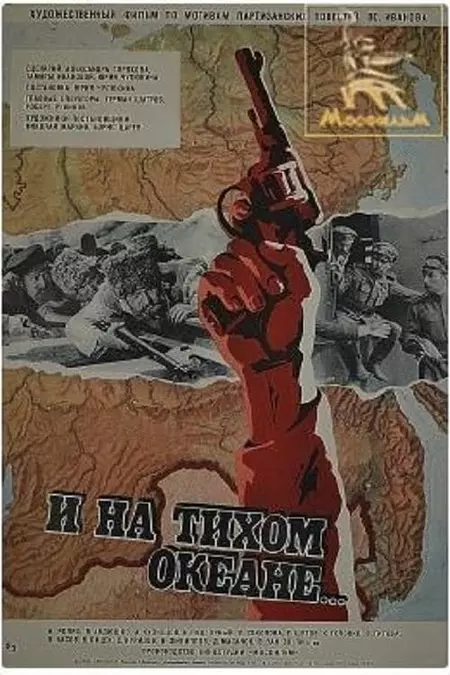
And on the Pacific Ocean... (1974)
Movie
Short Story
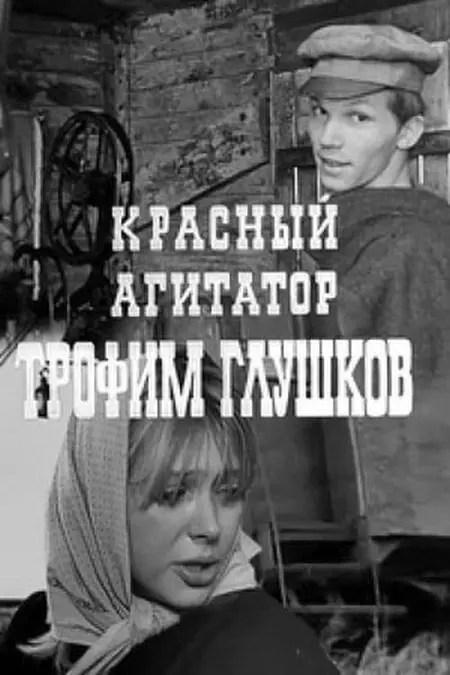
Красный агитатор Трофим Глушков (1970)
Movie
Screenplay
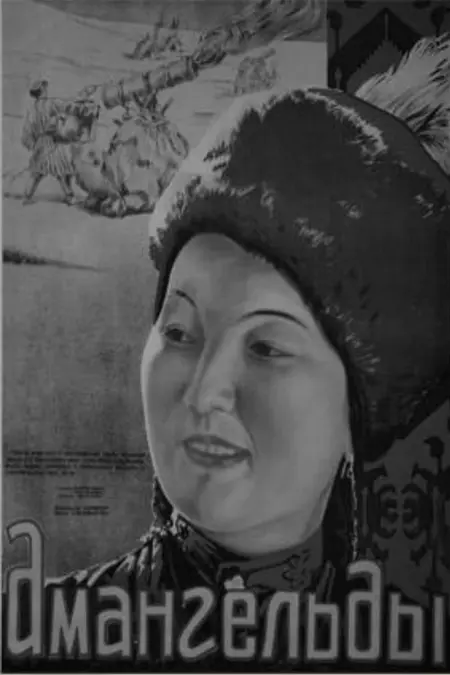
Amangeldy (1938)
Movie
Theatre Play

Siberian Patrol (1931)
Movie
Short Story
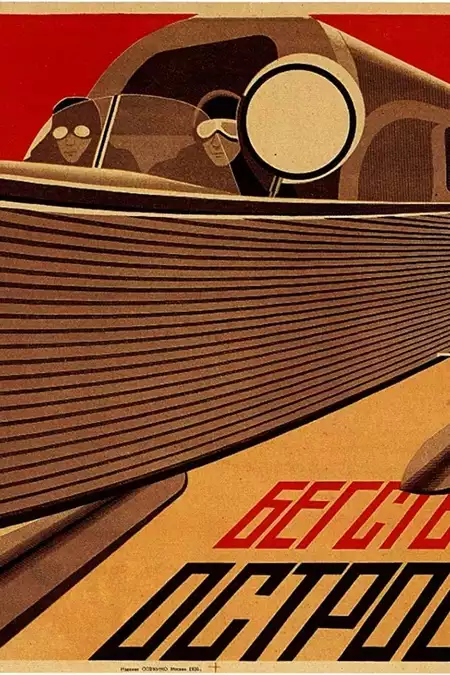
Begstvuyushchiy ostrov (1929)
Movie
Information
Known ForWriting
GenderMale
Birthday1895-02-24
Deathday1963-08-15 (68 years old)
Birth NameVsevolod Vyacheslavovich Ivanov
Birth PlaceAkkuly, Kazakhstan
ChildrenVyacheslav Ivanov
CitizenshipsRussian Empire, Soviet Union
Also Known AsВсеволод Иванов, Всеволод Вячеславович Иванов, В. Иванов
AwardsOrder of the Red Banner of Labour
This article uses material from Wikipedia.
Last updated:
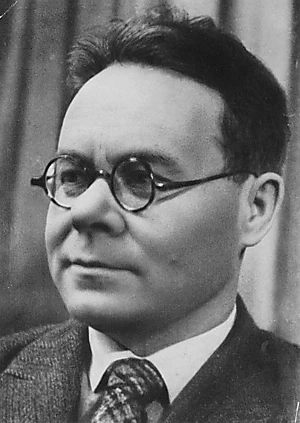 Vsevolod Ivanov
Vsevolod Ivanov- Filmography
- Information
